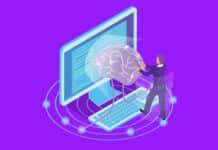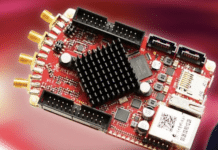While illustrating a significant stride towards a tech-assisted healthcare future, the research underscores the need for careful consideration regarding the technology’s current limitations and the imperative of safeguarding patient data privacy.
In a study conducted in the Netherlands, researchers found that the artificial intelligence chatbot ChatGPT could revolutionize the medical sector by assisting in diagnosing patient cases in emergency rooms, sometimes even surpassing the performance of human doctors. The study, analyzed 30 cases from an emergency service in the Netherlands in 2022, with promising yet cautionary findings.
According to the research, the chatbot showcased proficiency in identifying potential diagnoses, akin to ER (Emergency room) doctors, upon analyzing a compilation of anonymized patient histories, lab tests, and doctors’ observations. The chatbot managed to list the correct diagnosis in its top five suggestions 97% of the time for version 3.5 and 87% for version 4.0, marginally outperforming doctors who were correct 87% of the time.
Lead researcher Hidde ten Berg from the Jeroen Bosch Hospital’s emergency medicine department emphasized that while chatbot demonstrated an ability to suggest diagnoses on par with human doctors, it is not yet primed to supersede medical professionals. The technology serves as a tool to expedite the diagnostic process and potentially introduce innovative diagnostic ideas that might not occur to human doctors, clarified co-author Steef Kurstjens.
Despite the potential, the technology displayed moments of medical implausibility and inconsistency, raising concerns over misinformation and incorrect diagnoses with significant repercussions. The team underscored the importance of considering privacy issues associated with inputting confidential and sensitive medical data into a chatbot, a platform not originally conceived as a medical device. They acknowledge its limitations, including a small sample size and a focus on relatively simple cases, leaving the efficiency of chatbot in diagnosing complex or rare diseases unverified. Both the chatbot and human doctors faltered in identifying a critical condition involving an abdominal aneurysm, illustrating the existing gaps in artificial intelligence (AI’s) medical diagnostic capabilities.
The potential of AI in alleviating time constraints and reducing wait times in emergency departments. In particular, AI could bolster less experienced doctors or aid in identifying rare diseases, marking a pivotal step towards harnessing artificial intelligence in enhancing healthcare delivery.





































































